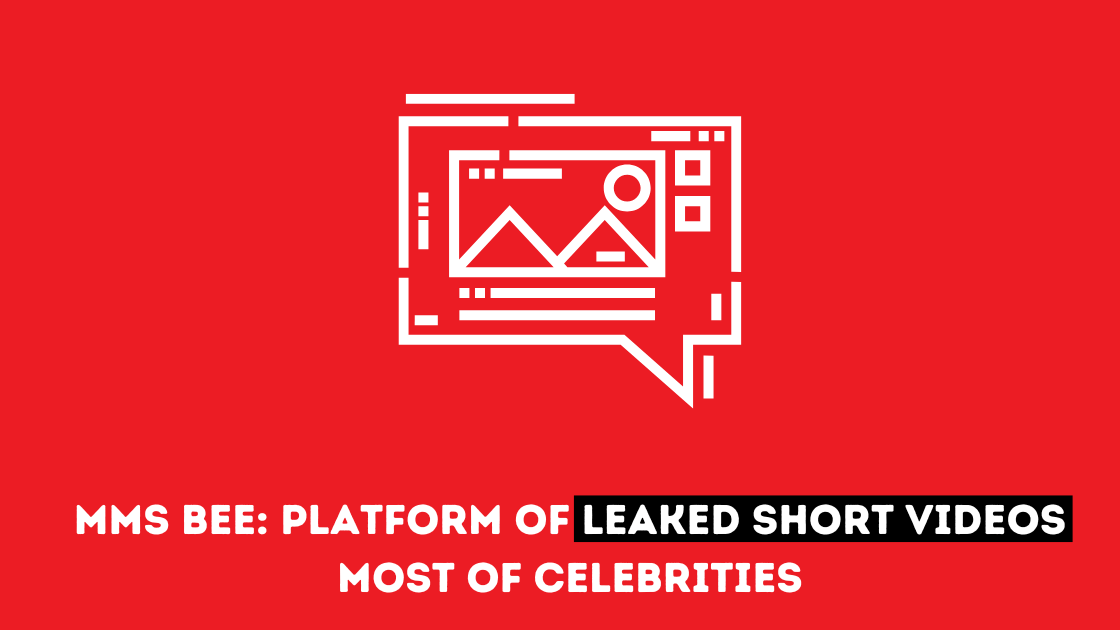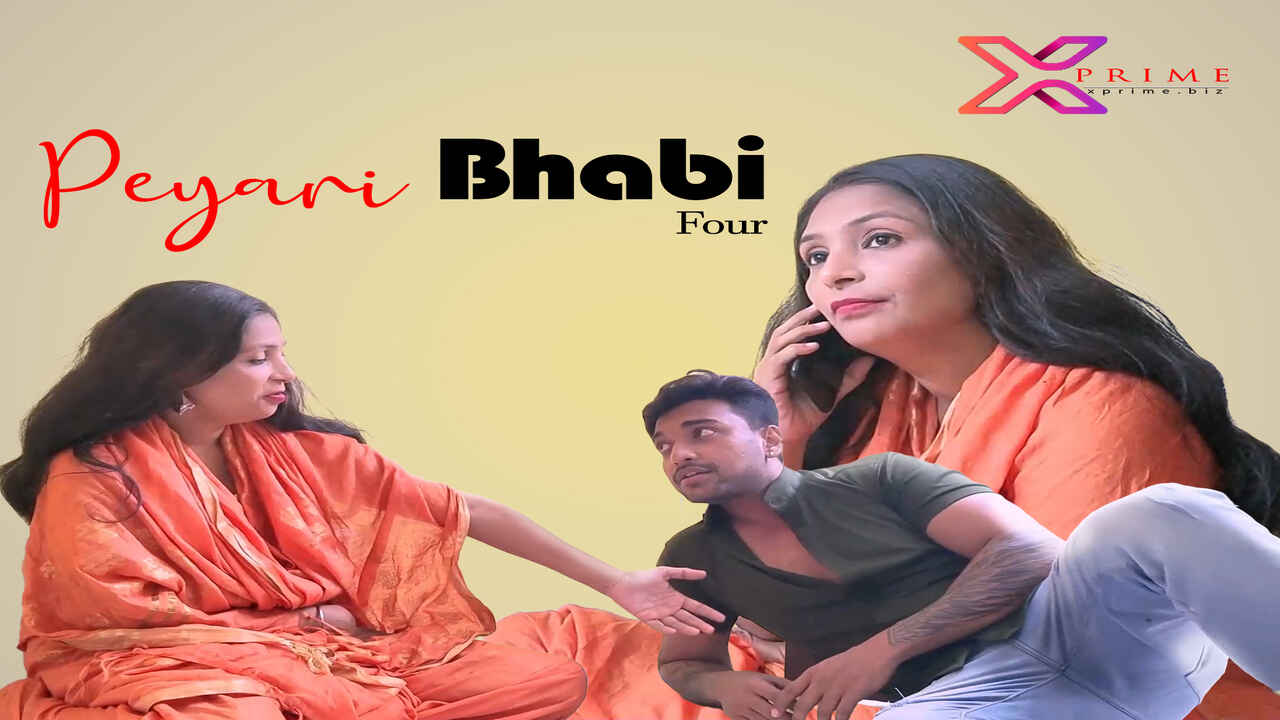India's Internet Crackdown: Online Content Regulation Explained
In a world saturated with digital information and constant internet connectivity, how do nations navigate the intricate challenge of regulating online content, especially when dealing with material considered objectionable? The Indian government's recent actions, including the blocking of numerous websites, underscore the persistent struggle to reconcile freedom of expression with the imperative to safeguard citizens and uphold societal values.
On September 29, 2022, the Press Trust of India (@pti_news) reported that the Indian government directed internet service providers to block access to 67 pornographic websites. This measure stemmed from court orders and cited violations of the updated IT Rules of 2021. The Department of Telecommunications (DoT) subsequently issued the formal order, compelling internet service providers to implement the ban. This is not an isolated event but rather a continuation of the Indian government's ongoing policy of regulating online content, specifically material that is deemed sexually explicit or potentially harmful.
Below is a table detailing the essential entities involved in online content regulation, alongside the services in question. It provides an overview of the platforms and services, their functions, and their relevance to the broader discussion of internet regulation and content moderation. This table is formatted for easy insertion into a WordPress environment, ensuring maximum usability.
- Peter Dinklage Wife The Love Story Behind The Game Of Thrones Star
- Unraveling The Mystery The Missing Person Case Of Gracie Mae Thompson
| Entity | Description | Functionality/Purpose | Relevance to Topic |
|---|---|---|---|
| Indian Government | The sovereign governing body of India, responsible for policy creation, law enforcement, and the administration of the nation. | Formulates directives, implements laws, and regulates online content through its various departments, notably the Department of Telecommunications (DoT). | Central to content regulation, it mandates the blocking of websites that contravene established guidelines or court mandates, ensuring legal compliance. |
| Department of Telecommunications (DoT) | A governmental body responsible for the nation's telecommunications infrastructure, policies, and services. | Issues operational orders to Internet Service Providers (ISPs), enforces content blocking directives, and ensures compliance with legal and regulatory frameworks. | Serves as a crucial intermediary, translating governmental policy into actionable steps for ISPs to enforce content restrictions effectively. |
| Internet Service Providers (ISPs) | Companies providing internet access and related services to individual users and organizations. | Execute government-mandated directives by blocking access to specified websites, thereby upholding content restrictions and regulations. | Act as the enforcers of content regulation, directly implementing the government's orders to restrict access to websites deemed non-compliant. |
| Court Orders | Legal mandates issued by judicial bodies, compelling specific actions, including content blocking and removal. | Provide the essential legal foundation for content restrictions, guiding governmental actions and ensuring adherence to established legal standards. | Represent a primary legal mechanism for content blocking, providing the justification for government and ISP actions under the rule of law. |
| IT Rules 2021 | Comprehensive regulations governing the use of information technology and online content across digital platforms. | Establish the legal framework for content moderation, specifying prohibited content and defining the criteria for its removal from online platforms. | Serve as the definitive basis for identifying and blocking content, providing the regulatory guidelines for content management within India's digital space. |
| Pornographic Websites | Websites dedicated to hosting or distributing sexually explicit content, often a target of content regulation efforts. | Offer a platform for users to access and engage with sexually explicit material, which is often subject to legal and ethical scrutiny. | Frequently targeted by regulatory bodies, leading to blocking orders based on content classification and potential societal impact. |
| Mmsbee | A digital platform enabling the exchange of multimedia messages among registered users. | Facilitates users in sending and receiving multimedia content by requiring account registration and recipient phone number verification. | Raises pertinent questions about user data protection and regulatory compliance, mirroring concerns around other digital communication platforms. |
For detailed information on the Indian government's policies and regulations regarding internet governance, please consult the official websites of the Department of Telecommunications (DoT) and the Ministry of Electronics and Information Technology (MeitY). These resources provide in-depth analyses of current rules, regulations, and policy directives. The reference website is Meity.gov.in.
The actions taken by the Indian government are immediately driven by the need to comply with court orders and adhere to the IT Rules of 2021. These regulations aim to govern the digital environment, addressing issues such as hate speech, misinformation, and sexually explicit content. The government's actions signal that the online world is not unregulated and that violations of Indian laws and societal norms will result in consequences.
While specific details about the banned websites have not been publicly disclosed, it is widely understood that the targets often include sites hosting or distributing pornographic material. This stems from concerns about the potential societal impact of such content, including the risk of exploitation, particularly of minors, the promotion of harmful stereotypes, and the potential for addiction and other psychological issues. The government has consistently affirmed its commitment to protecting its citizens, especially vulnerable groups, from the adverse effects of explicit content.
- Daniel Sarcos The Ultimate Guide To His Life Career And Legacy
- Travis Alexander Murder Crime Scene The Untold Story That Shocked The Nation
This issue extends beyond mere censorship; it involves establishing standards for the online environment. The government, along with stakeholders such as internet service providers, has a responsibility to curate the information consumed by citizens. This entails a broader discussion about the role of platforms and social media companies in monitoring content and their responsibilities.
The legal framework for content regulation in India is complex and continually evolving. The IT Rules of 2021 represent a significant step, establishing guidelines for social media platforms, intermediaries, and content creators. These rules place a burden on these entities, requiring proactive steps to remove or block illegal content, comply with government orders, and provide information to law enforcement agencies when necessary. This has sparked debates about balancing free speech and content moderation, as well as the implications for online privacy and security.
A key criticism is the potential for these rules to stifle dissent or silence voices critical of the government. This challenge is faced by many countries attempting to regulate online content; regulations designed to protect citizens may grant governments greater power to monitor and control online speech. It is a delicate balance between protecting citizens and being perceived as a censor.
The global nature of the internet further complicates the issue. Content is not confined by geographical boundaries, and websites can be accessed from anywhere in the world. This makes it difficult to enforce local laws and regulations, requiring collaboration with other countries and internet service providers.
The concept of "internet censorship" has gained traction. As the Indian government implements bans on several pornographic websites, questions arise about internet freedom in India. The debate involves considerations of freedom of expression, security, and the protection of minors. Some view government bans as censorship, limiting access to information and potentially stifling open discourse. However, the government justifies these bans as necessary to protect citizens and uphold societal values.
The internet, once seen as a boundless frontier of free expression, is now often viewed through regulatory scrutiny. This scrutiny comes from various sources. In the Indian context, the government has taken a leading role in policing the internet, particularly in areas of pornography and hate speech. However, the influence of social media platforms, search engines, and other content providers cannot be overlooked. These entities often have their own policies and guidelines, which can result in content being removed or blocked, regardless of government action. The rise of platforms like Facebook, Twitter, and YouTube has shifted the landscape and brought new considerations.
There is a stark contrast between the desire for free and open access to information and the need to ensure a safe and responsible digital environment. The government's actions reflect the difficult balance between these competing interests. Many believe that censorship is never the answer, arguing that it suppresses diverse perspectives and hinders the free exchange of ideas. There is a strong case to be made for the unfettered availability of knowledge.
The rise of social media has also created new challenges. Platforms that once promoted themselves as champions of free speech are now grappling with the complex realities of content moderation and the task of handling large volumes of user-generated content.
While the debate around online content regulation is never fully settled, several key arguments are generally at play. On one side, supporters of a lighter touch emphasize the importance of free expression and the value of the open exchange of ideas. They argue that excessive regulations can stifle innovation and creativity, and that it can also be used to silence dissent. On the other side, supporters of greater regulation emphasize the need to protect children, combat hate speech, and prevent the spread of misinformation. They also highlight the potential for online content to incite violence, promote illegal activities, and cause harm to individuals and society.
In addition to the general debate about freedom of expression, there are also specific concerns about sexually explicit content. Many believe that pornography can normalize harmful behaviors and contribute to the exploitation of women and children. Governments often justify their actions by citing these concerns.
The legal framework has changed substantially. The IT Rules of 2021 are just the latest example. While the specific details of these rules are complex, the basic premise is clear. The regulations attempt to force companies to be more responsible for the content they host and to take proactive steps to remove illegal or harmful material. The rules also give the government greater power to order the blocking of websites and take other actions against those who violate the law. This has been criticized as an overreach by groups concerned about free speech. Many see the rules as a way for the government to silence criticism.
The Indian government's actions reflect a global trend, with many countries grappling with the complex issue of online content regulation. The challenge for policymakers is to strike the right balance between freedom of expression and the need to protect citizens and uphold societal values. The debate is ongoing, and the outcome will have a significant impact on the future of the internet. India's actions, alongside similar actions in other countries, highlight the need for clear international standards.
The future of online content regulation will depend on several factors. Advances in technology, such as artificial intelligence, will make it easier to identify and remove harmful content. International cooperation will be essential, as no single country can effectively regulate the global internet on its own. The debate will also evolve as new technologies, platforms, and forms of expression emerge. The need to protect children and vulnerable groups will remain a key concern, but balancing freedom of expression and public safety will continue to be a complex and sensitive issue.
Here is a table with bio data and personal information, career, professional information of person in topic.
| Aspect | Detail |
|---|---|
| Name | Alkesh Kumar Sharma |
| Current Role | Secretary, Ministry of Electronics and Information Technology (MeitY) |
| Education |
|
| IAS Batch | 1990 |
| Experience |
|
| Key Responsibilities |
|
| Previous Positions |
|
| Known For |
|
| References | MeitY Official Website |
- Kara Dooley The Rising Star Whos Making Waves In The Entertainment World
- Unveiling The Secrets Of Money6xcom Your Ultimate Financial Growth Guide

MMSBee Alternatives Technology and Safety Precautions

MMSBEE The Ultimate Guide To Understanding Its Features And Benefits

Desi new pics hd / sd Page 27 Exclusive desi original videos photos with out watermark first